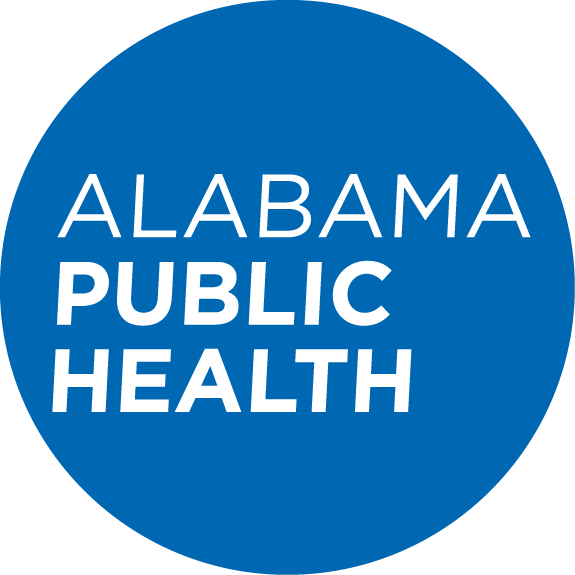Vaccines are among the most significant medical advances in the history of the world. Hundreds of millions of lives have been saved or kept whole through vaccination programs. In our global world, though, all vaccine-preventable diseases except smallpox are a mere 18 hours away by plane. Diseases that were common only 30 years ago now are exceedingly rare, but without continued vigilance in the use of the vaccines that led to this success, we risk the reemergence of these pathogens. The COVID-19 pandemic highlighted the risks of new viruses spilling over to the human population, and as bad as that was, it would have been that much worse if safe and effective vaccines had not been developed in record time. That said, the rollout of the COVID-19 vaccine program also illustrated the importance of all of us understanding why we need to be vaccinated – they only work if they are used.
This webinar is presented by the Alabama Regional Center for Infection Prevention and Control Training and Technical Assistance and cosponsored by the Region IV Public Health Training Center and Deep South Center for Occupational Health and Safety.
*CEU Pending










